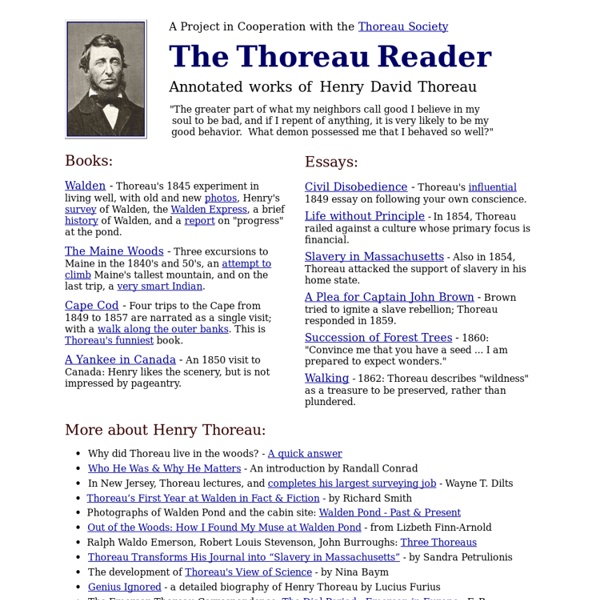



Transcendentalism by Miriam Drew on Prezi Transcendentalism - Feldmansite Transcendentalism in Modern Popular Culture The principles of the spirit, human-nature interactions, and idealism are just some of the many of Transcendentalism, a mentality of rising above natural, animalistic impulses and “transcending” into the spiritual self. This movement started in the mid-1800s and there are still many exemplifications of this ideology expressed through modern popular culture, including film: a prime example being “The Truman Show.” “The Truman Show,” released in 1998, is a movie about a man named Truman Burbank who was adopted by a television network and, since then, has been filmed and is, unknowingly, the star of his own show. The major Transcendentalist principle in the film is that of self-reliance, or relying on oneself to make a change. Teamwork is an essential skill used today. Transcendentalism in Popular Culture- Mihail A. “Avatar” is set on a planet distant from Earth. Teamwork is necessary skill to have. "Avatar" Pictures and Citations Photo 1 :
Nature by Ralph Waldo Emerson Introduction Our age is retrospective. It builds the sepulchres of the fathers. It writes biographies, histories, and criticism. Undoubtedly we have no questions to ask which are unanswerable. All science has one aim, namely, to find a theory of nature. Philosophically considered, the universe is composed of Nature and the Soul. Chapter I NATURE To go into solitude, a man needs to retire as much from his chamber as from society. The stars awaken a certain reverence, because though always present, they are inaccessible; but all natural objects make a kindred impression, when the mind is open to their influence. When we speak of nature in this manner, we have a distinct but most poetical sense in the mind. To speak truly, few adult persons can see nature. The greatest delight which the fields and woods minister, is the suggestion of an occult relation between man and the vegetable. Chapter II COMMODITY "More servants wait on man Than he 'll take notice of Chapter III BEAUTY 1. 2. 3. 1. 2. 3.
The American Scholar Texts : Nature: Addresses/Lectures : Addresses : THE AMERICAN SCHOLAR from Addresses, published as part of Nature; Addresses and Lectures Ralph Waldo Emerson An Oration delivered before the Phi Beta Kappa Society, at Cambridge, August 31, 1837 Mr. I greet you on the re-commencement of our literary year. In this hope, I accept the topic which not only usage, but the nature of our association, seem to prescribe to this day, — the AMERICAN SCHOLAR. It is one of those fables, which, out of an unknown antiquity, convey an unlooked-for wisdom, that the gods, in the beginning, divided Man into men, that he might be more helpful to himself; just as the hand was divided into fingers, the better to answer its end. The old fable covers a doctrine ever new and sublime; that there is One Man, — present to all particular men only partially, or through one faculty; and that you must take the whole society to find the whole man. Man is thus metamorphosed into a thing, into many things. I. II. III.
The Writings of Henry D. Thoreau By Elizabeth Witherell, with Elizabeth Dubrulle Henry Thoreau was born in 1817 in Concord, where his father, John, was a shopkeeper. John moved his family to Chelmsford and Boston, following business opportunities. In 1823 the family moved back to Concord where John established a pencil-making concern that eventually brought financial stability to the family. Thoreau's mother, Cynthia Dunbar, took in boarders for many years to help make ends meet. Thoreau's older siblings, Helen and John, Jr., were both schoolteachers; when it was decided that their brother should go to Harvard College, as had his grandfather before him, they contributed from their teaching salaries to help pay his expenses, at that time about $179 a year. Harvard put heavy emphasis on the classics--Thoreau studied Latin and Greek grammar or composition for three of his four years. Thoreau knew himself to be a writer from the time he graduated from Harvard. my greatest skill has been to want but little.
Annotated works of Henry David Thoreau and an extensive
resource list on his life and works. Teaching Thoreau feature with further resources. by nda_librarian Apr 30